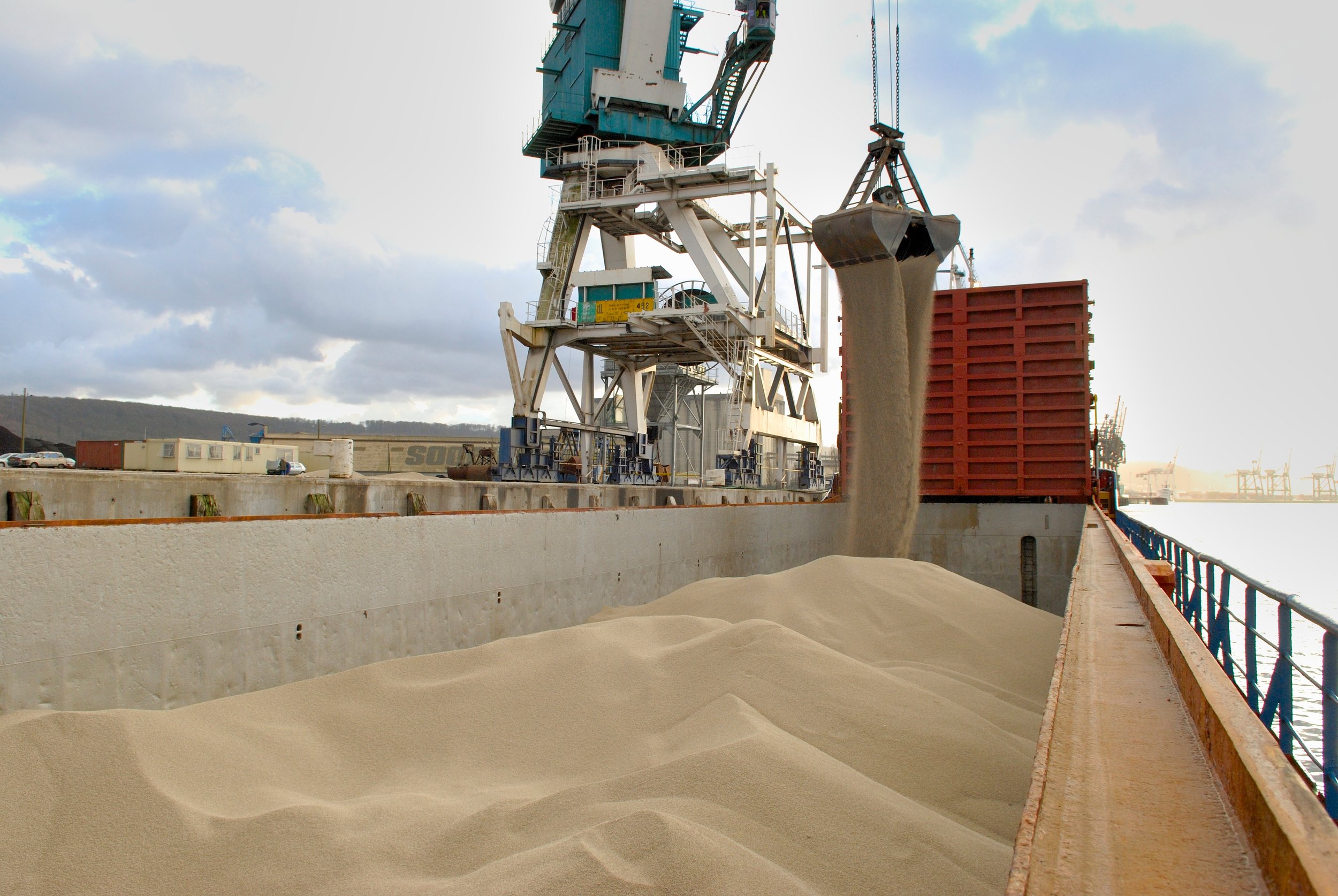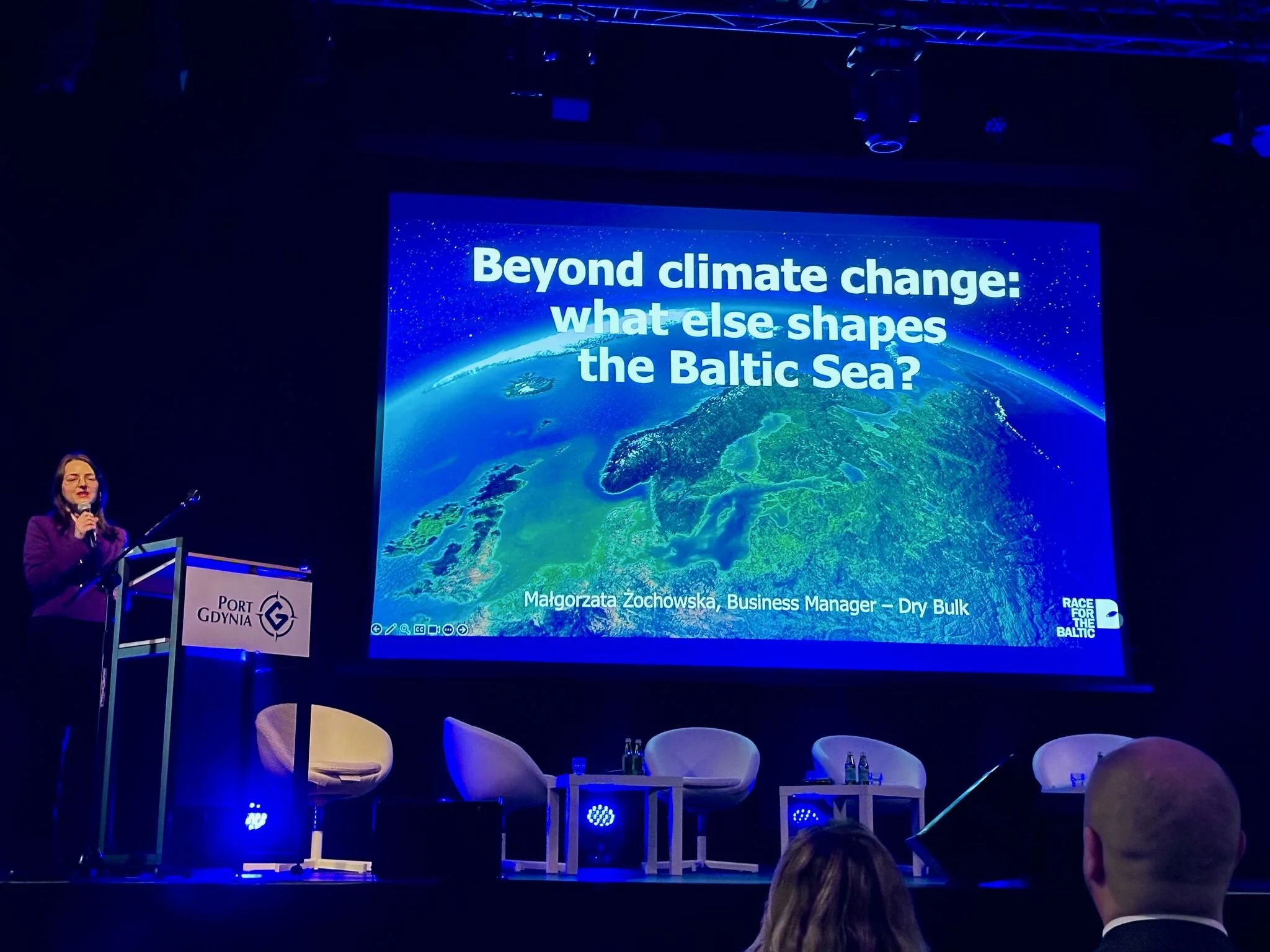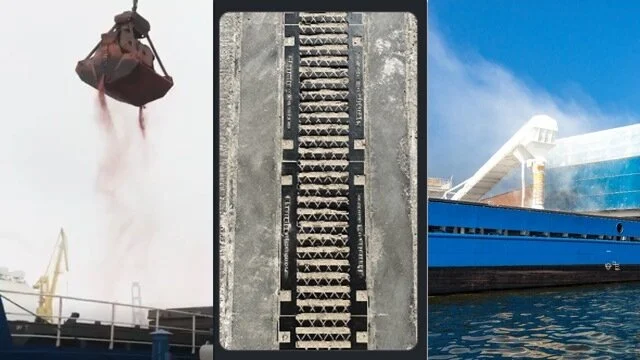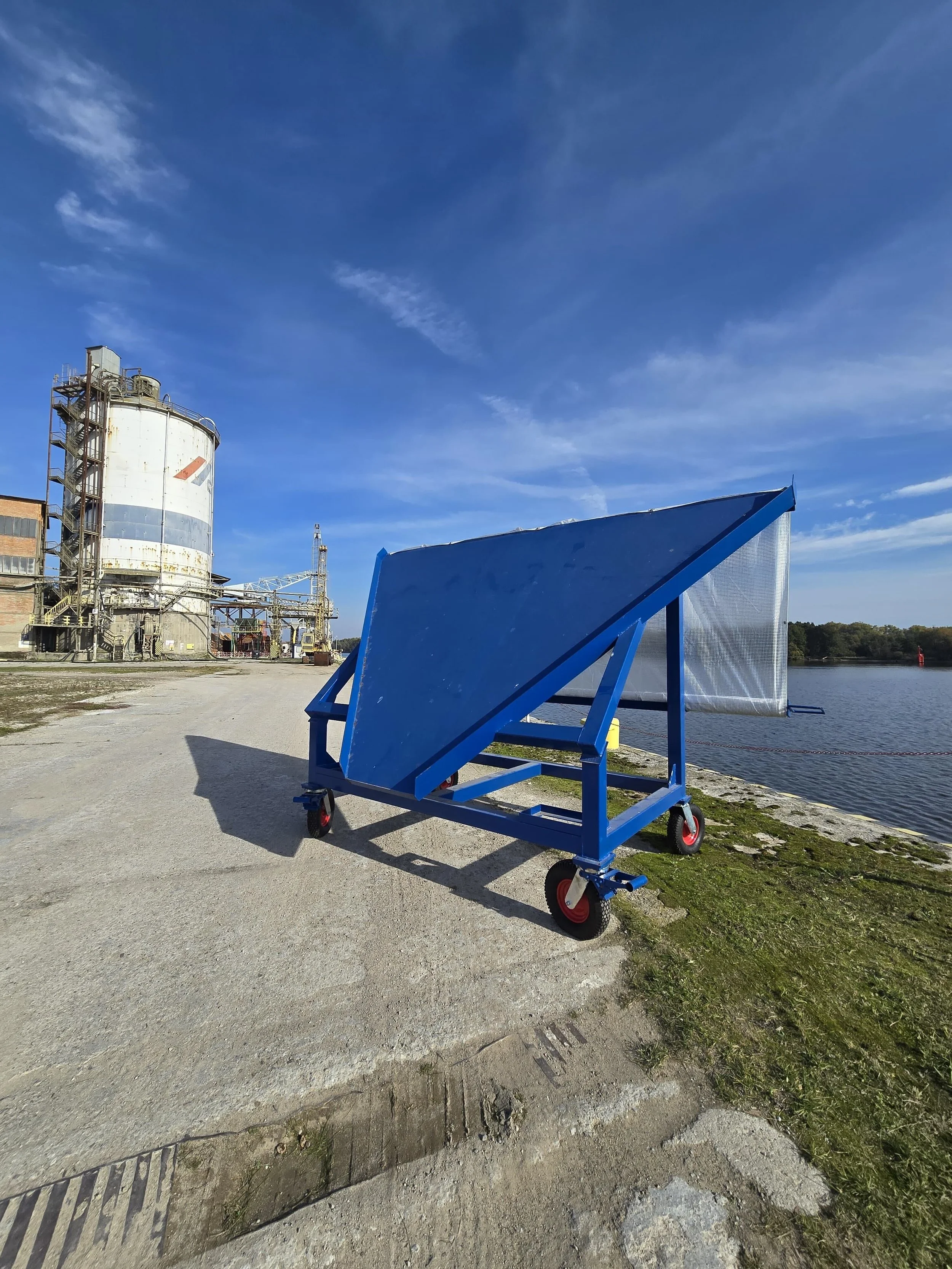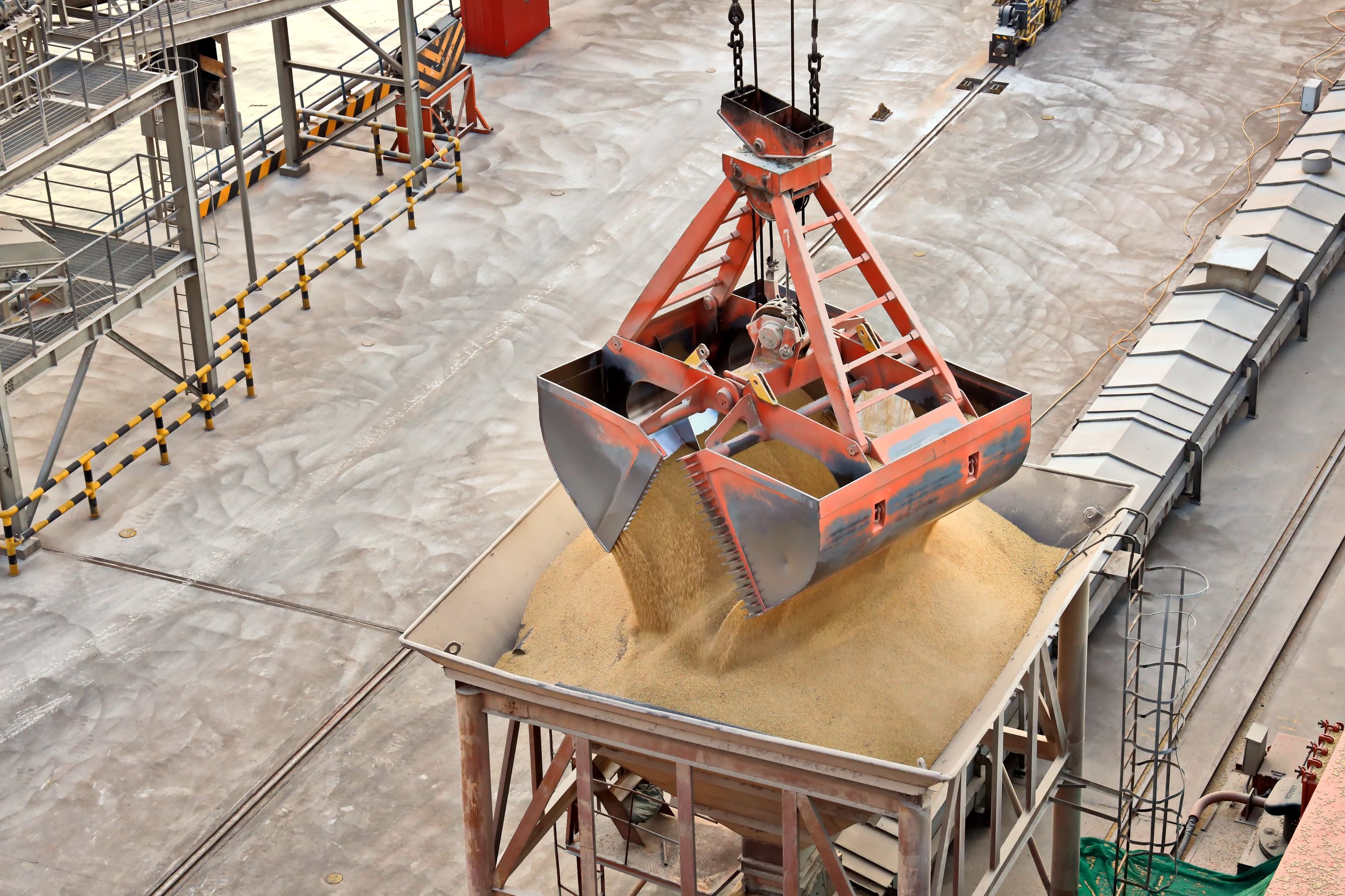
Dry Bulk
Minimising environmental impact from dry bulk cargo in Baltic ports
Dry Bulk project addresses the significant challenge of environmental hazards associated with dry bulk cargo operations in local and regional ports within the South Baltic Programme area. This challenge is crucial because it impacts marine ecosystems, water quality, and the overall health of coastal communities.
The primary objective of Dry Bulk is to develop and implement best practices and innovative technical solutions to reduce dry bulk cargo leakage. This leakage is a prevalent issue that poses substantial environmental risks. The project aims to create a balance between operational efficiency and environmental stewardship in port operations, thereby contributing to sustainable maritime activities in the South Baltic region.
The expected change is a notable reduction in environmental hazards from port operations, leading to healthier marine ecosystems and improved water quality.
Project Activities
Identification of best dry bulk cargo handling practices tailored for local and regional ports.
A widely accessible and comprehensive publication serving as a guide for stakeholders in the industry.
Development of technical solutions for environmental hazard and cargo leakage reduction – prevention covers
Organisation of pilots for prevention covers in selected ports
Drafting regional strategy and recommendations for the reduction of cargo leakage and environmental protection
Dissemination of recommendations for regional strategies
Status
Active.
Project Goals
Minimising environmental impact through eco-efficient port operations Specifically, the project focuses on reducing the leakage of dry bulk cargo, which poses significant environmental risks to marine ecosystems, water quality, and coastal communities.
Expected results
- Comprehensive Research Report: A detailed analysis of existing best practices in dry bulk cargo handling and identification of gaps.
- Innovative Technical Solutions: Development and pilot implementation of new technologies and methods to reduce cargo leakage and enhance environmental protection in port operations.
- Regional Strategy and Guidelines: Creation of a comprehensive strategy and set of actionable recommendations for reducing cargo leakage and protecting the environment.
- Knowledge Dissemination: Publication and sharing of findings, best practices, and technical advancements with a broader audience.
Funding
The project is co-financed via the PortSHAZ project under the South Baltic Programme 2021-2027 and the European Regional Development Fund.
Project Partners
Port of Elbląg, Race For The Baltic, The Coastal Research and Planning Institute, K2 Solutions, Non-profit Limited Institute for Sustainable Economy and Logistics, Danish Ports Association.
Sustainable Development Goals
The project addresses SDG 9 (industry, innovation and infrastructure), SDG 14 (life below water) and SDG 17 (partnership for the goals).
For more information about the Dry Bulk project, please contact:
Małgorzata Żochowska
malgorzata(at)raceforthebaltic.com
Related news




